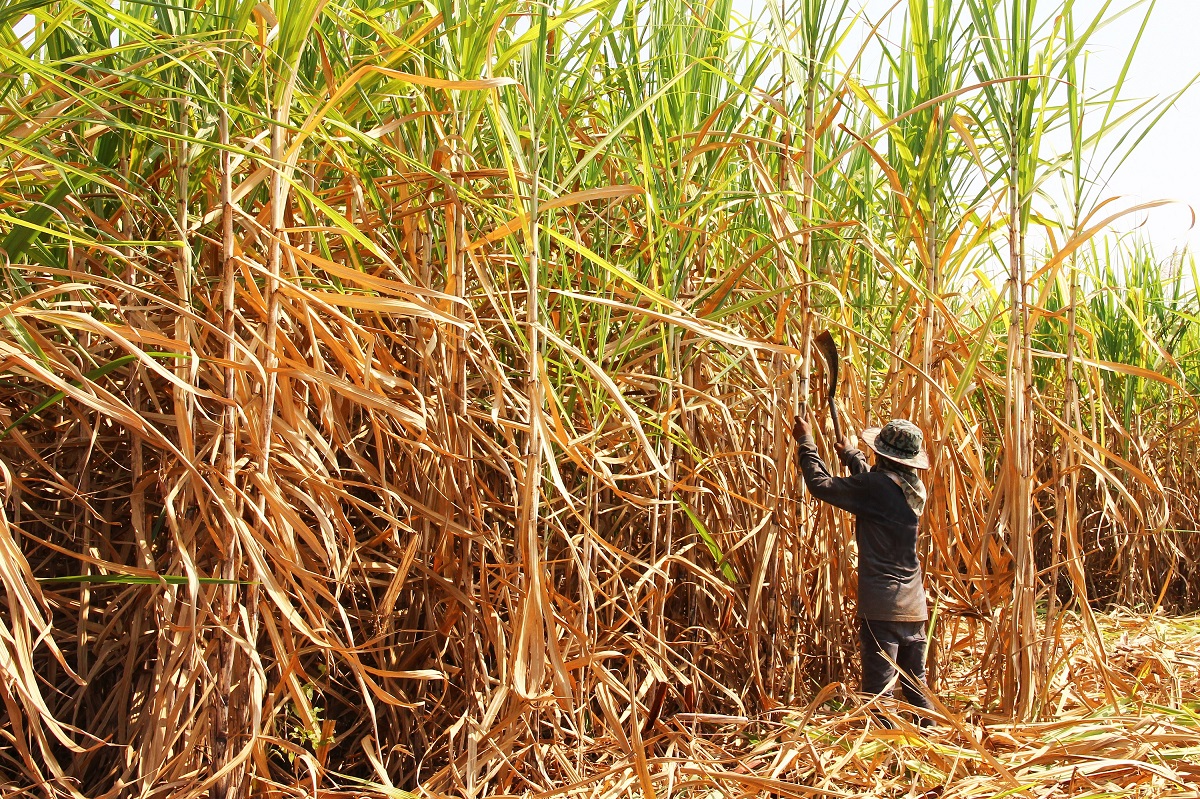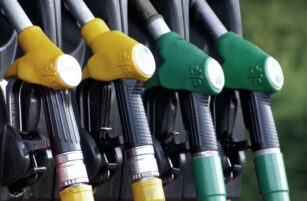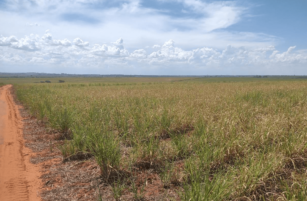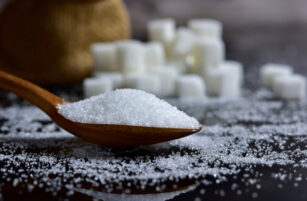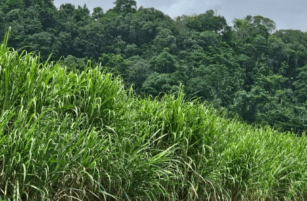- Thailand has been reducing the amount of sugarcane it burns each year.
- This makes sugar production more environmentally friendly and sustainable.
- It also improves the raw sugar quality, making it cheaper to process.
Burnt Cane Issue
- In recent years, the Thai sugar industry has faced growing pressure from the Government and environmental groups to reduce sugarcane burning.
- The burning of sugarcane has often been linked to high levels of smog and pollution across Thailand.
- As a result, the sugar industry has drastically reduced the proportion of cane that is burnt, and has a target for no burning by the 2023/24 season.
- As an alternative to burning, many Thai mills have now invested in cane harvesters that cut the cane.
- This is known as fresh cane.
- The only other way to harvest fresh cane is by hand, which is very labour intensive and expensive; burning the cane is much faster and cheaper.
- As a further incentive, farmers now get paid more for cane that is not burnt.

- When the cane isn’t burnt, the raw sugar extracted is of a much higher quality with fewer impurities.
- This leads to lower processing and refining costs.
- This is because cane burning leads to contamination with dirt and sand, which leaves more ‘unfilterables’ such as starch and dextran.
- Therefore, refiners need to consume more power (leading to higher costs) to remove the unfilterable content in the refining process.
- Many global refineries include penalty scales in their contracts to protect against the possibility of receiving sugar with a relatively high proportion of unfilterable material.
Factors That Cause Higher Levels of Starch and Dextran
- Cane burning.
- A longer time between the harvesting and the crushing time.
- The climate conditions and the exposure to the dirt and mud.
- Samples collected from many raw sugar shipments already show that levels of starch and dextran are falling.
- It is worth noting that some milling groups are already above 90% fresh cane and have even lower levels of unfilterables in their raw sugar.
- As Thailand works towards the target of zero burnt cane by the 2023/24, we expect starch and dextran levels to continue to improve.
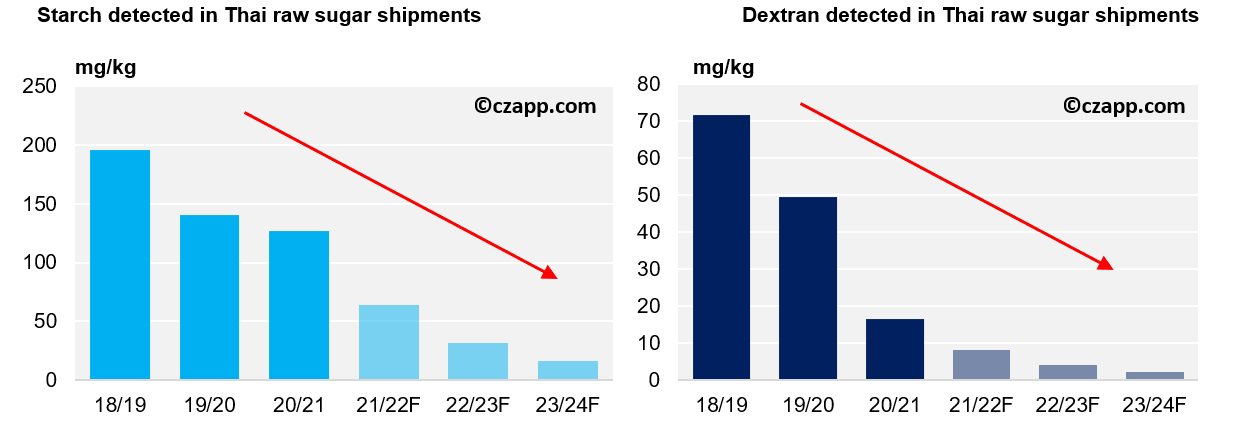
Why is Starch and Dextran so Important to Quality?
- Starch and dextran cause a big headache when it comes to the refining process.
- In the refining process, the two most important factors are the polarization and the crystal size distribution of the raw sugar.
- The presence of dextran significantly affects both the polarization and the crystal size.
- Unfilterable material gives a lower rate of filtration and reduces the rate of heat transfer (more heat energy needed).
- It also lowers the rate of crystallization and increases the pan boiling time and centrifugal power consumption.

Other Opinions You Might Be Interested In…
Explainers You Might Be Interested In…

